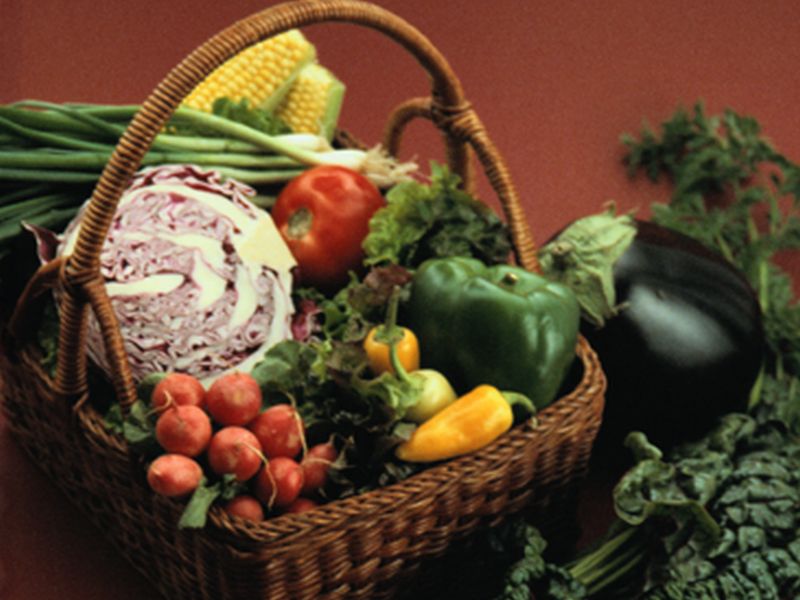WEDNESDAY, Aug. 14, 2019 (HealthDay News) — Many Americans still don’t get enough fruits, vegetables and other healthy foods.
If money and time are concerns, your favorite drive-through donut and coffee place in the morning and the closest fast-food chain for dinner might seem to better fit your schedule and budget, even if you know these foods aren’t nutritious. You may feel it’s just too hard to get the suggested five or more servings of fruits and veggies every day, and maybe you’ve even given up trying. In either case, results of a large global study should encourage you to reboot your efforts to eat healthier.
The study examined eating patterns of people across 18 countries and how fruits, vegetables and legumes (beans, dried peas and lentils) affected mortality and heart health. Results confirmed that eating these healthy foods lowers the risk for heart disease, heart attacks and early death. They also showed you can get such benefits with just three or four daily servings. Now, this isn’t to say that you should cut back if you’re getting more, but people who are getting little to none can aim to meet this more modest goal.
The studies offered other surprising findings. One is that eating more fruits, seeds and beans can be as good for you as eating more vegetables — that’s good news for those who just can’t wrap their taste buds around broccoli and kale. And when you do have veggies, it’s better to eat most of them raw to get the most nutrients from them. The exceptions are foods rich in lycopene (like tomatoes) and beta carotene (like sweet potatoes and carrots), for which cooking seems to enhance the “bioavailability” of these nutrients, or the amount of which can be absorbed by the body and used.
More information
Penn State has everything you need to know about legumes.
Copyright © 2026 HealthDay. All rights reserved.

